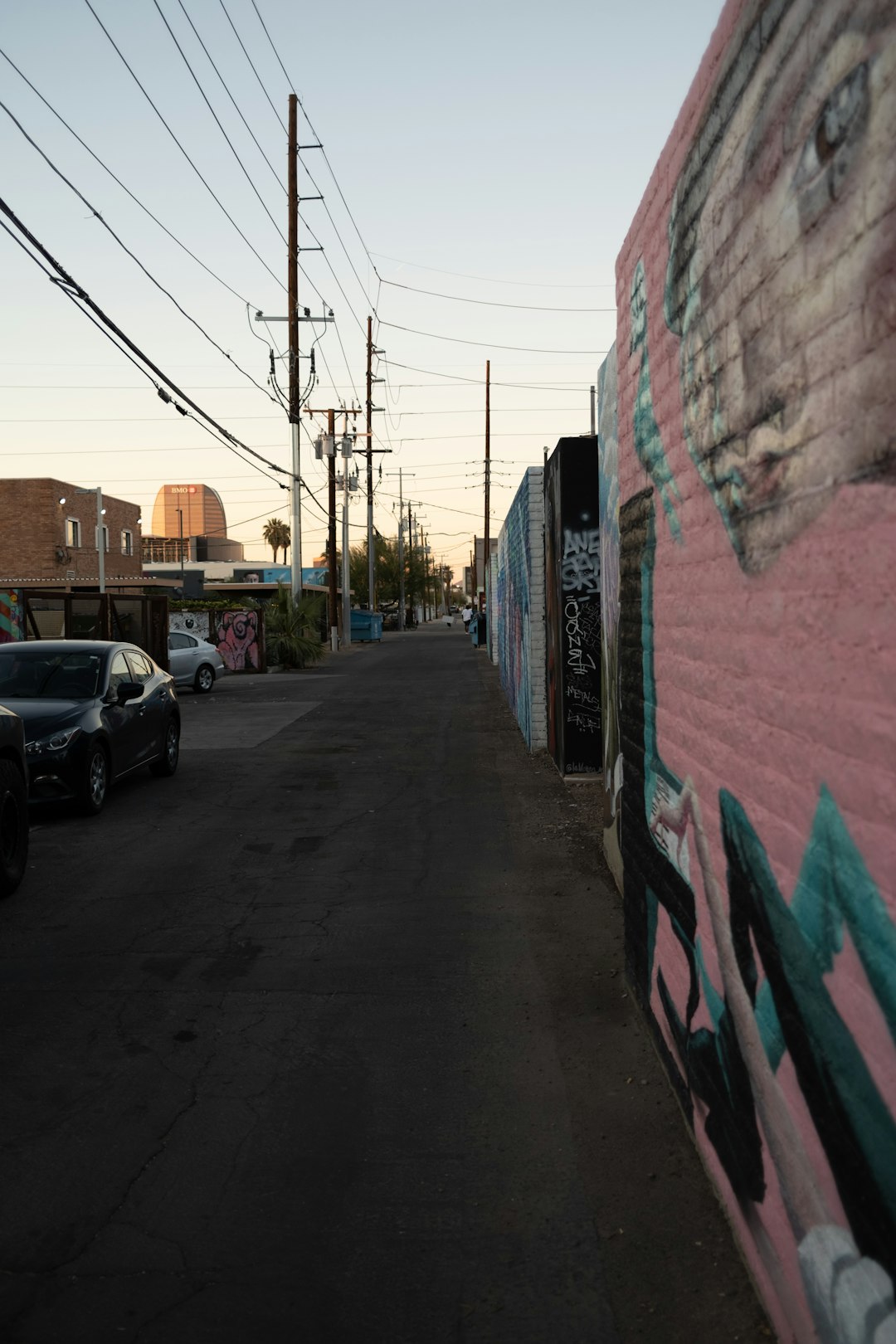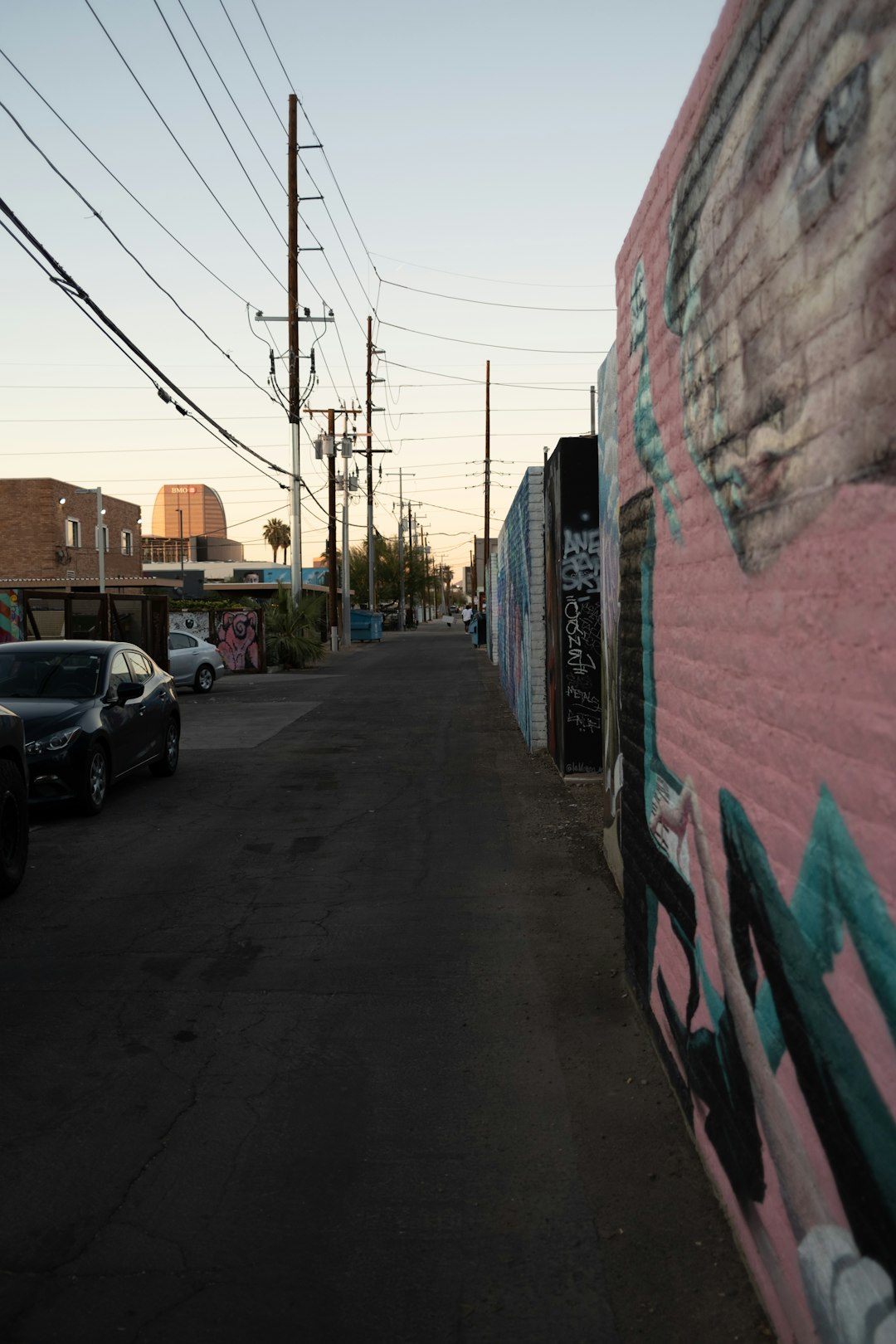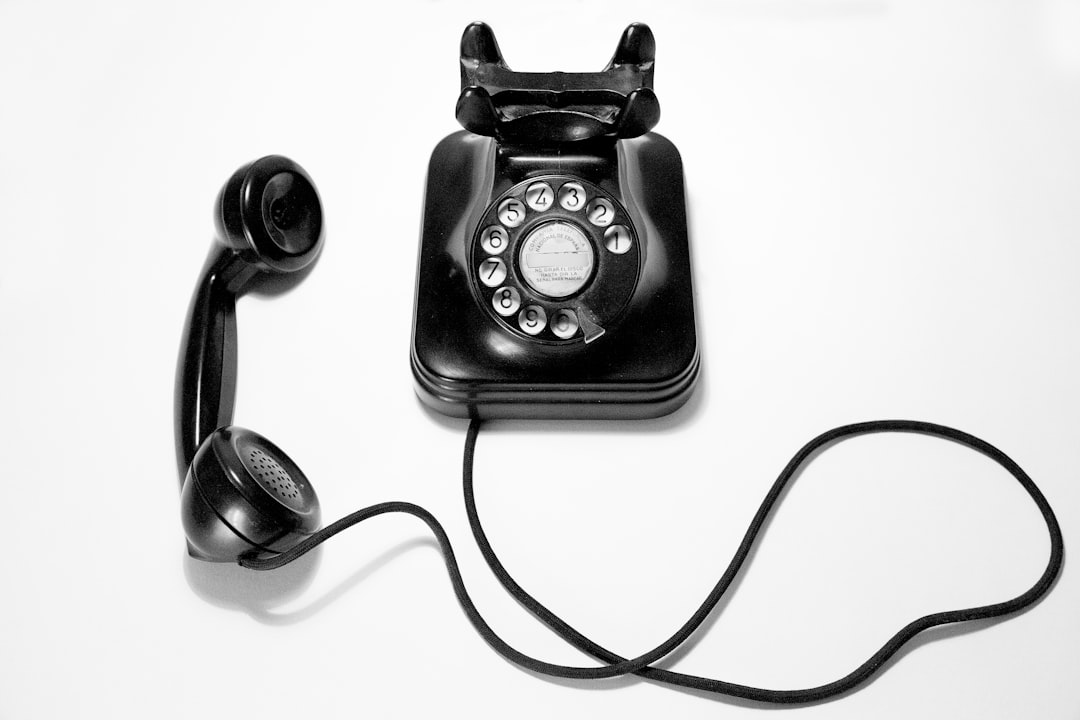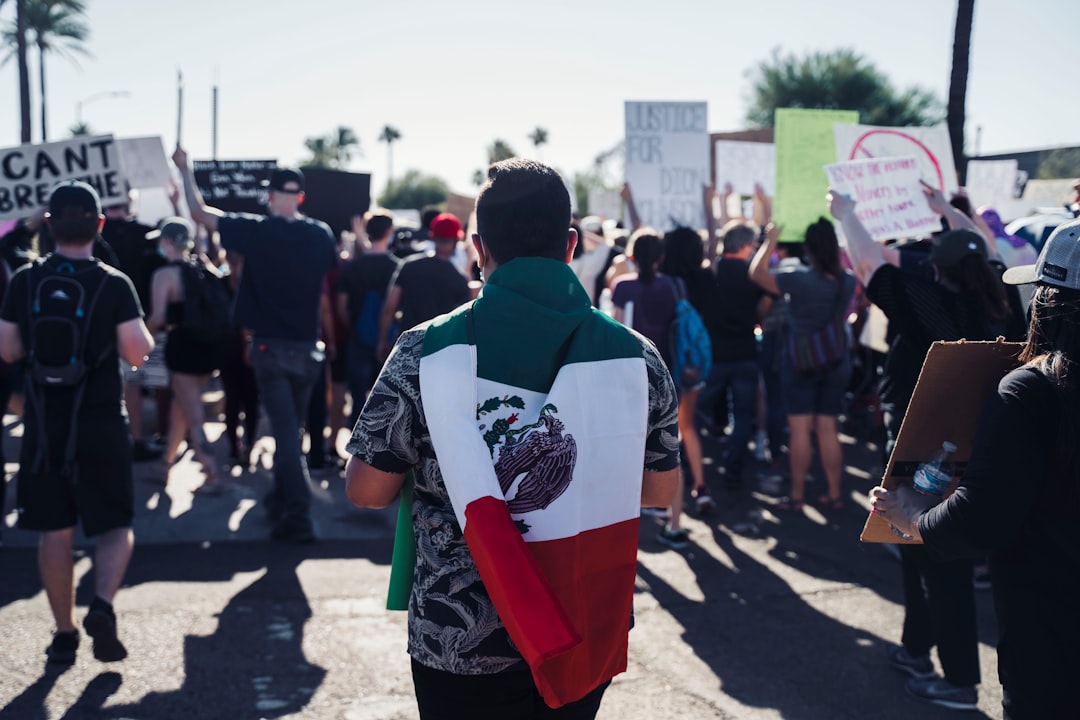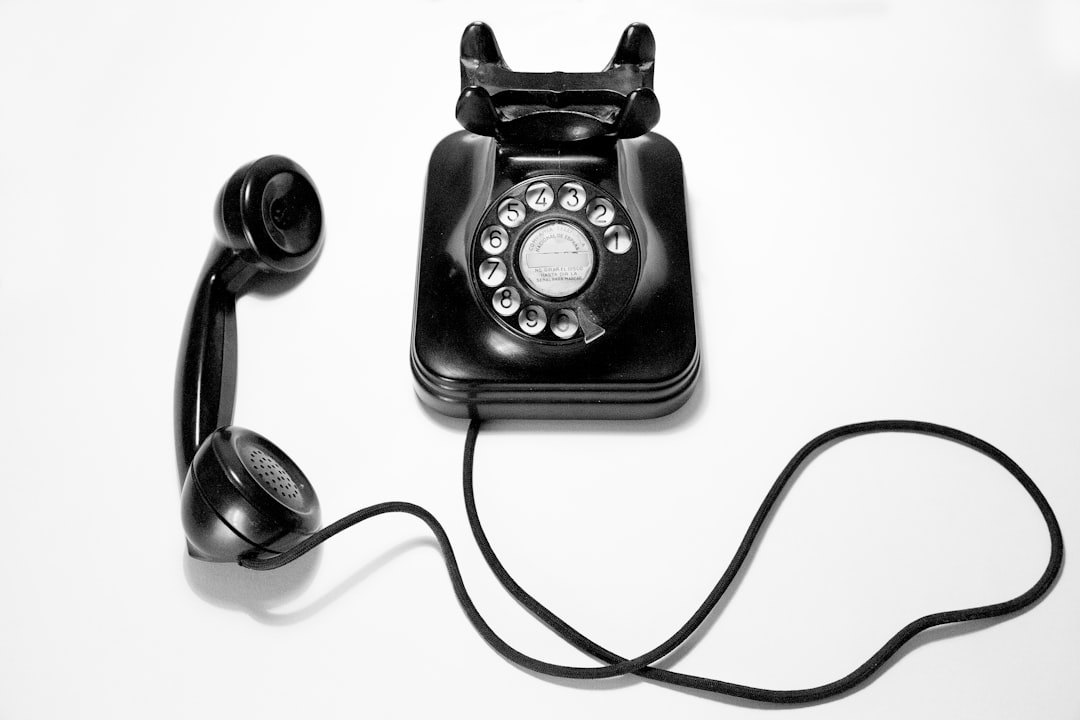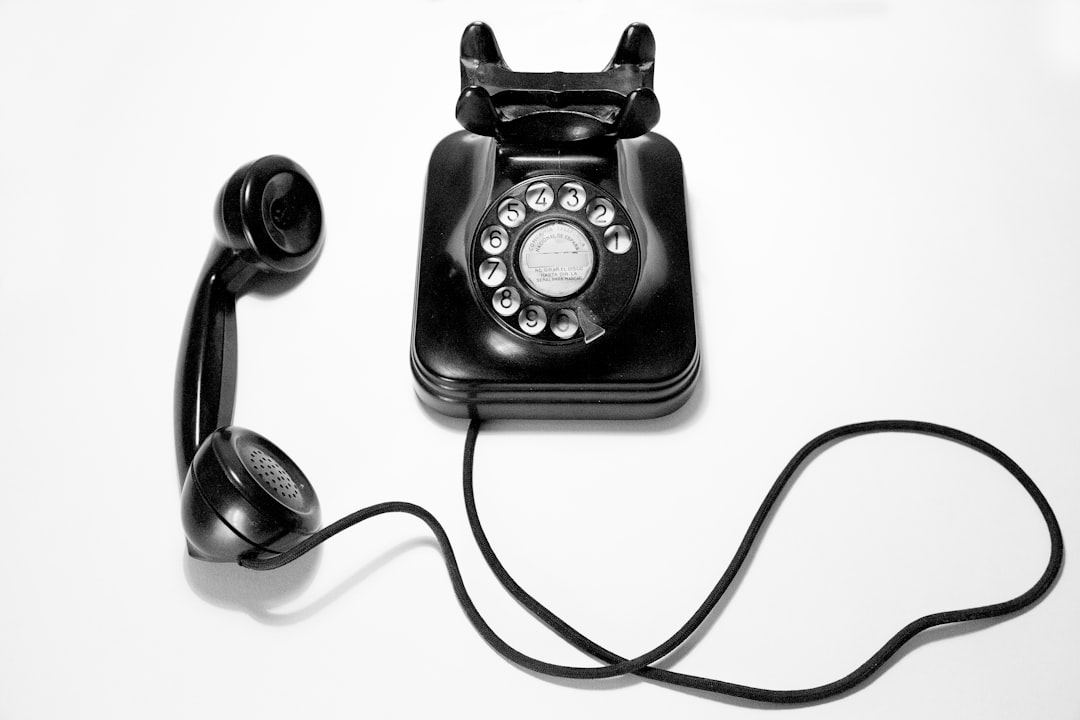Maricopa County has witnessed a surge in robocall-related lawsuits, reflecting a national trend driven by automated marketing calls using autodialers. Autodialer attorneys in Phoenix are crucial for navigating this complex space, helping clients understand regulations like the Telephone Consumer Protection Act (TCPA), which restricts such calls without prior consent. These experts analyze lawsuit patterns to predict trends, enabling businesses to comply and avoid costly litigation. Common legal arguments involve TCPA violations, legitimate business purposes, equipment usage, standing to sue, and call classification. Selecting experienced autodialer attorneys in Phoenix is essential for navigating these complex issues effectively.
In recent years, robocalls have become a ubiquitous yet frustrating aspect of daily life. This has led to a surge in robocall lawsuits, particularly in Maricopa County. This article delves into the trends shaping these legal battles, focusing on the role of autodialers and common arguments. We explore how these lawsuits are navigated and emphasize the significance of choosing experienced autodialer attorneys in Phoenix for robust defense strategies. By understanding these dynamics, both businesses and consumers can better protect their rights.
Understanding Robocall Lawsuit Trends in Maricopa County
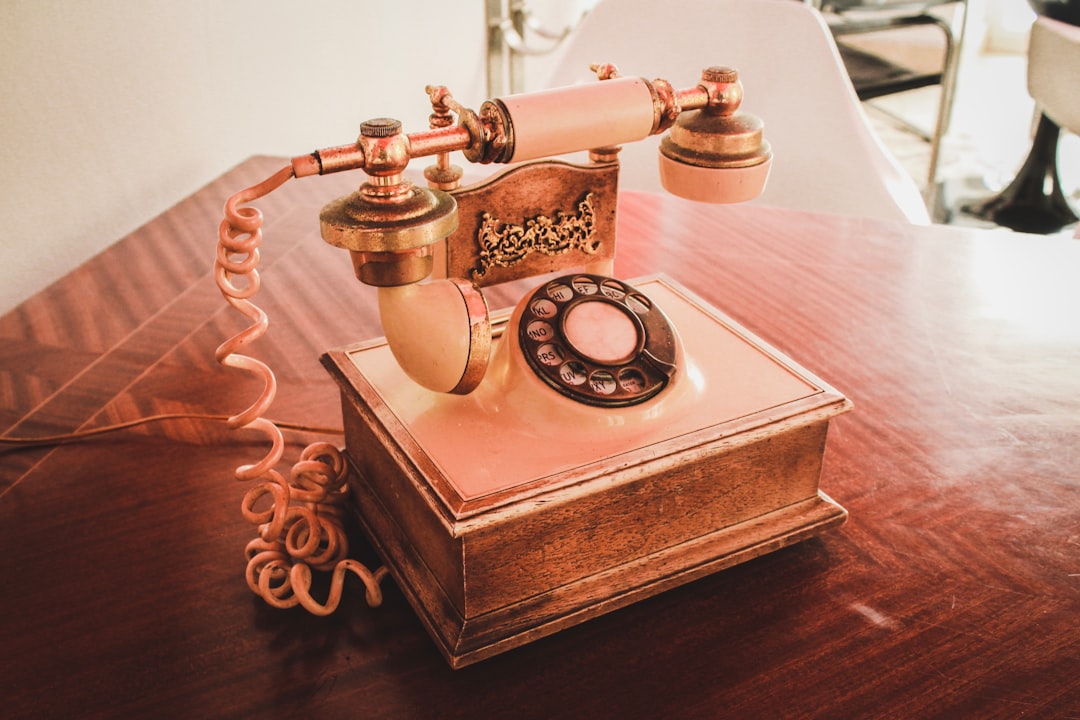
In recent years, Maricopa County has witnessed a surge in robocall-related lawsuits, reflecting a growing trend across the nation. These cases center around automated phone calls that use an autodialer to deliver prerecorded messages, often with marketing or telemarketing purposes. Many residents have complained about receiving these unwanted calls, leading to legal actions against businesses and call centers allegedly responsible.
Autodialer attorneys in Phoenix play a crucial role in navigating this complex landscape. They help clients understand the nuances of robocall regulations, such as the Telephone Consumer Protection Act (TCPA), which prohibits certain types of automated calls without prior consent. By analyzing patterns in these lawsuits, legal experts can predict trends and guide businesses on how to comply with regulations, thereby avoiding potential costly litigation.
The Role of Autodialers in These Lawsuits

In recent years, robocalls have become a common irritant for many Americans, leading to an increase in legal action against companies and individuals using automated dialing systems, or autodialers, to make unsolicited calls. The current wave of robocall lawsuits filed in Maricopa County, Arizona, is no exception. These cases often revolve around violations of the Telephone Consumer Protection Act (TCPA), which restricts the use of autodialers for telemarketing purposes without prior express consent.
Autodialers play a central role in these legal battles, as they are the primary tools employed by defendants to make mass calls. Phoenix-based attorneys specializing in TCPA litigation argue that improper use of autodialers can result in significant financial penalties and consumer rights violations. Understanding the mechanics and programming behind these devices is crucial for both plaintiffs and defense lawyers navigating these complex lawsuits.
Common Legal Arguments and Defense Strategies
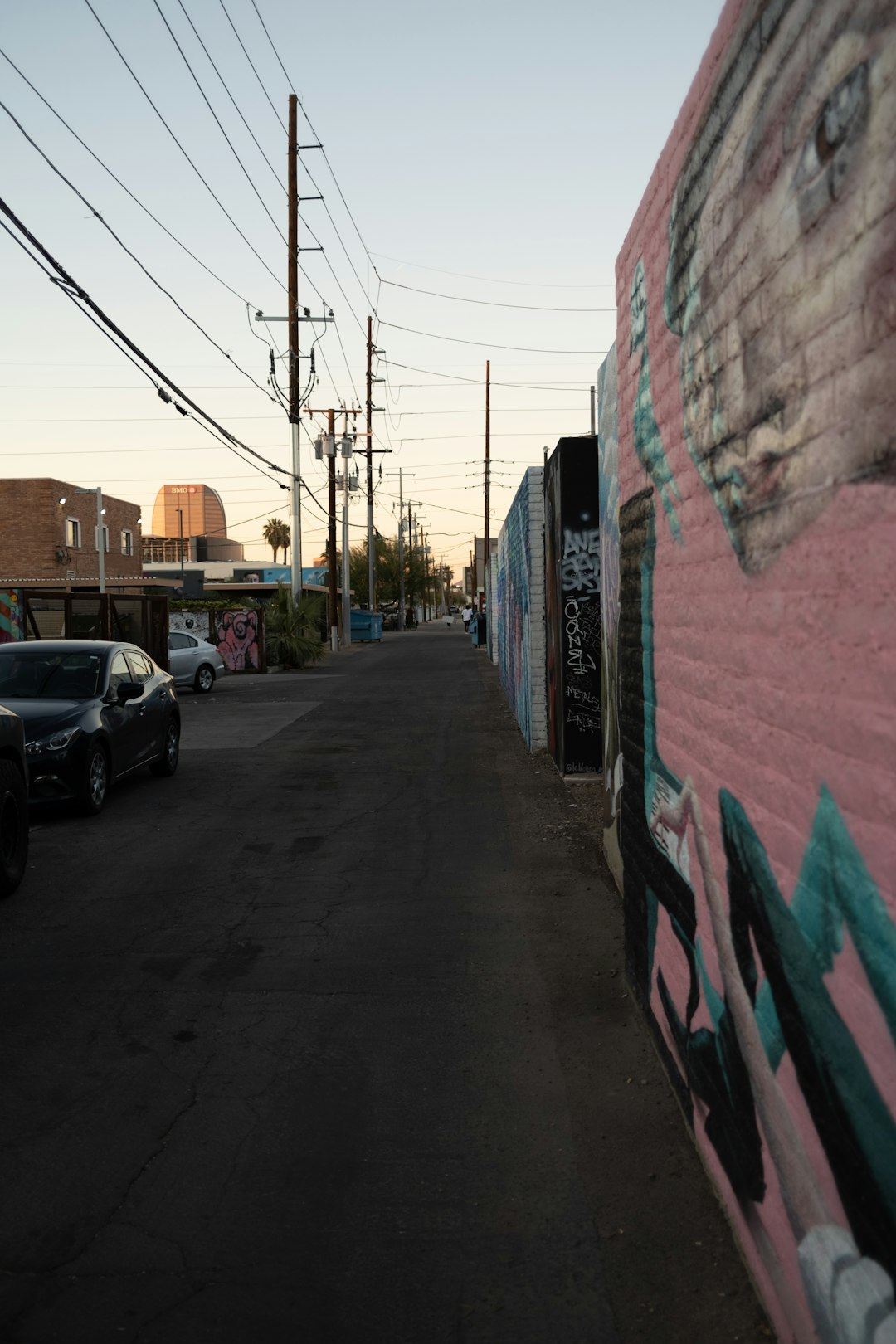
In recent Robocall lawsuits filed in Maricopa County, several common legal arguments and defense strategies have emerged. Plaintiffs often allege violations of the Telephone Consumer Protection Act (TCPA), claiming that automated or prerecorded calls were placed to their telephones without prior consent. Attorneys specializing in autodialer cases in Phoenix typically argue that the calls were made for a legitimate business purpose and with proper authorization, aiming to show that the TCPA’s restrictions on telemarketing activities have not been infringed.
Defendants may also raise defenses related to the type of equipment used, claiming that the autodialer was not used as intended or that it was configured correctly according to industry standards. They might also challenge the plaintiff’s standing to sue, asserting that the individual plaintiffs did not suffer significant harm or that they lack proof of damages. Additionally, some defendants attempt to classify the calls as “marketing” rather than “telemarketing,” believing this distinction exempts them from certain TCPA restrictions.
Selecting the Right Autodialer Attorneys in Phoenix
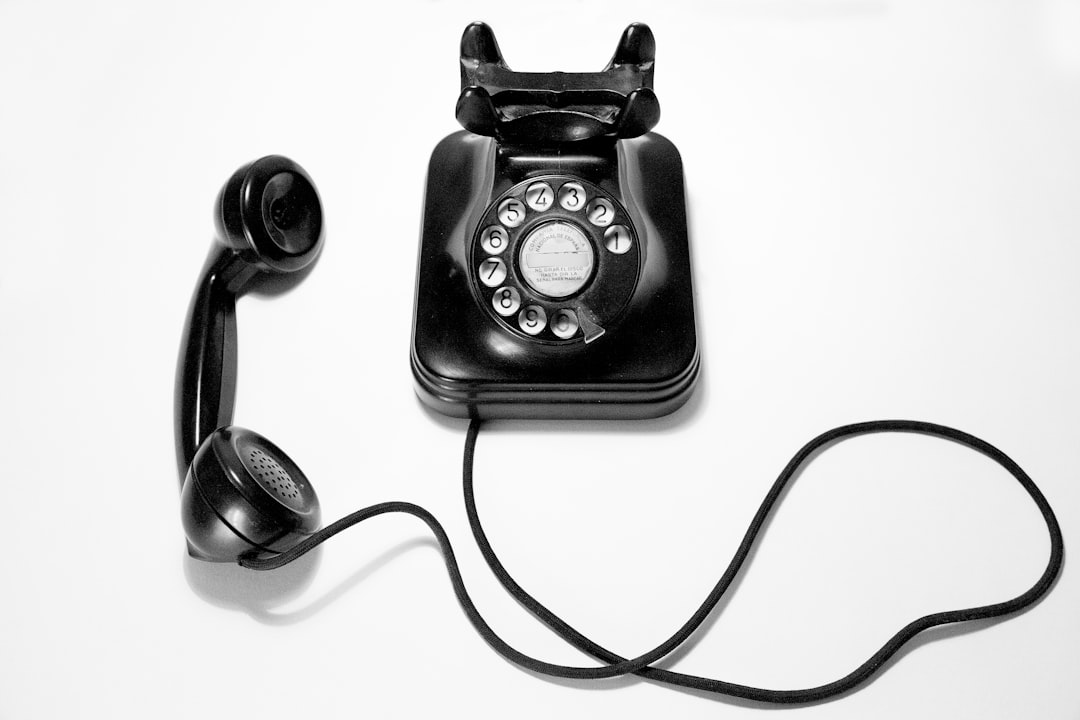
When navigating the complex legal landscape surrounding robocalls and autodialers, selecting the right autodialer attorneys in Phoenix is paramount. With a growing number of lawsuits related to automated phone calls, finding legal counsel with expertise in this area can make all the difference. Look for attorneys who specialize in telecom law and have a proven track record in handling similar cases. Their knowledge of consumer protection regulations, such as the Telephone Consumer Protection Act (TCPA), is crucial when defending against or pursuing robocall-related litigation.
In Phoenix, there are several law firms offering specialized services in autodialer lawsuits. Consider those with experience in both state and federal courts, ensuring they understand the nuances of local laws and regulations. Additionally, choose attorneys who actively stay updated on changing legal precedents related to automated calls. This ensures your case receives the most current and effective legal strategies.
